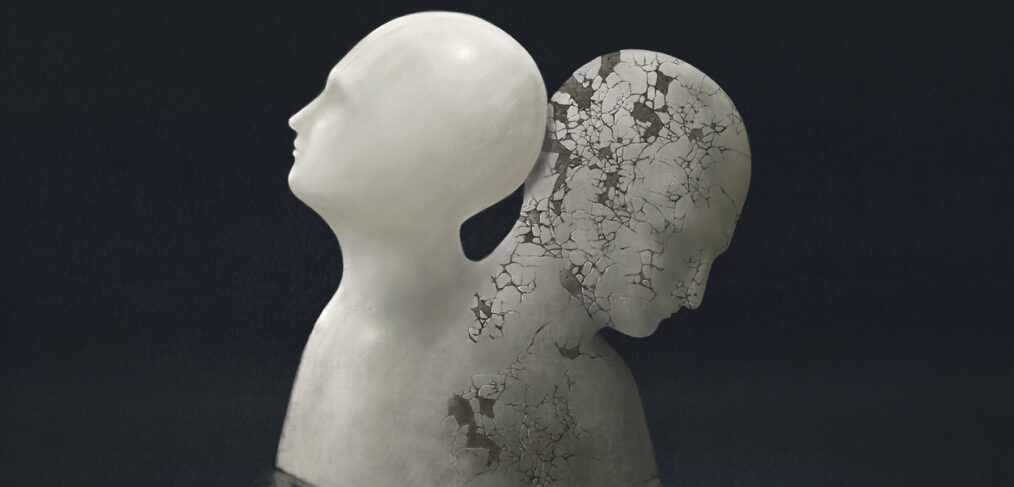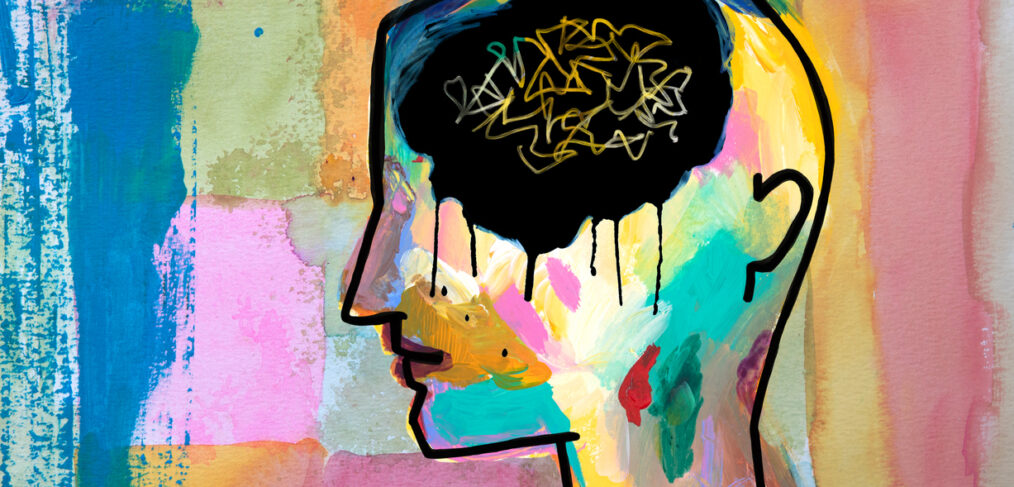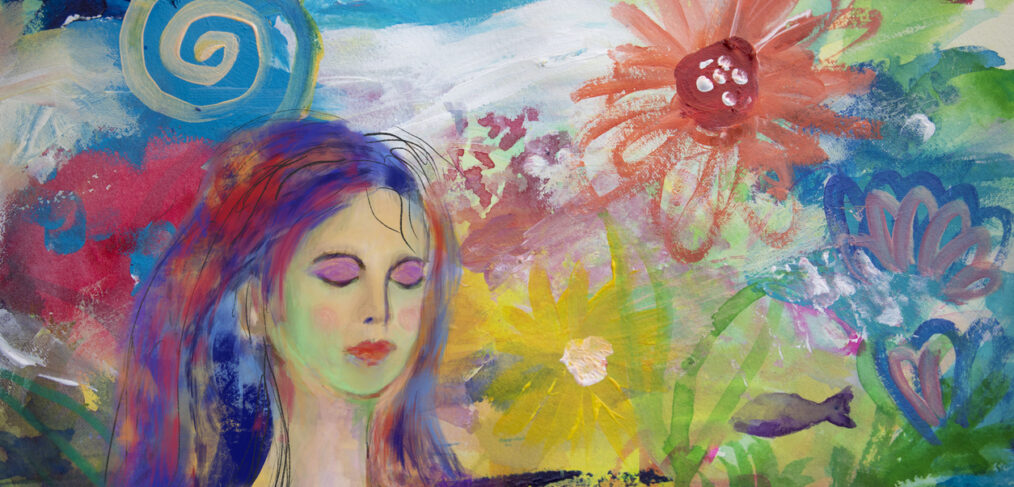You have something really good going. You’re happy. You’re proud. You’re excited. But then, just like that, you can’t keep it up. Somehow the old patterns reappear, and you find yourself wondering how you were able to start down the golden path to begin with, and how you were able to stay on it, even just for a little while.
Developing good habits and keeping away from bad habits seems so simple on the surface. We have free will. If we want to do something (or stop doing something), we should just do it (or stop doing it). What’s preventing us? The answer is complex and multifaceted. There are many forces in our lives that drive us toward or away from certain behaviors. It’s important to recognize this fact and do everything we can to understand those forces and how they affect us. We also have to recognize our strengths and weaknesses that help or hinder our ability to overcome these forces to enable us to work effectively toward getting on, and staying on, the path we desire.





